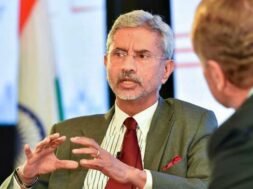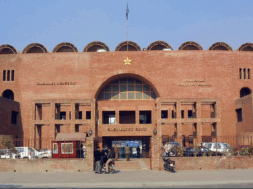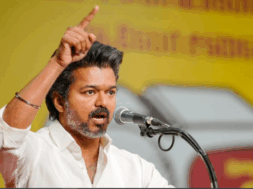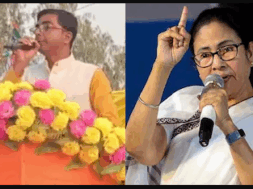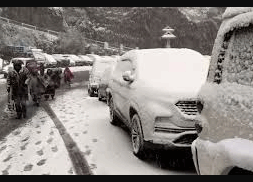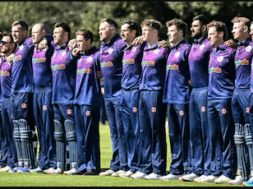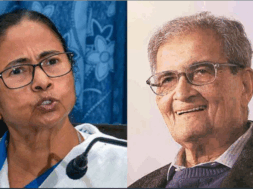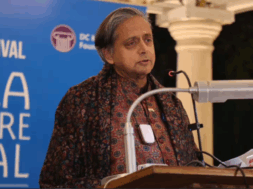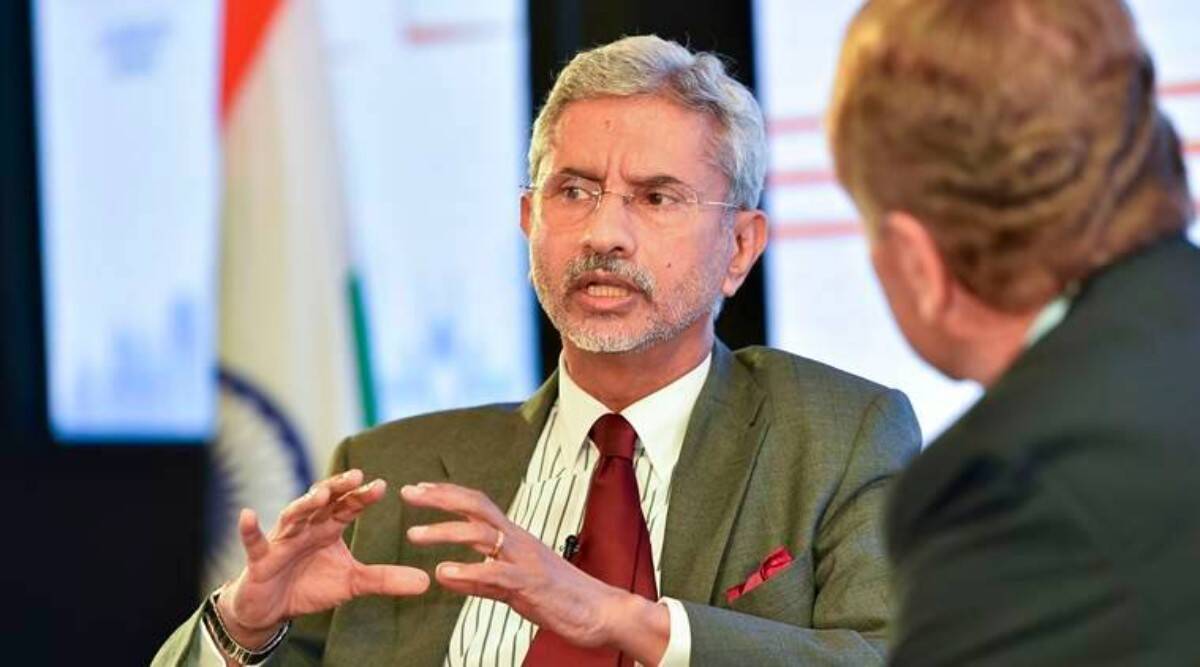
Roving Periscope: India accuses China of trying to unilaterally change the LAC
Virendra Pandit
New Delhi: After observing restraint for over 30 months to avoid escalating the matter further, India has accused China of trying to unilaterally change the Line of Actual Control (LAC).
India considers the LAC to be 3,488 km long, while China claims it is only around 2,000 km. It is divided into three sectors: the Eastern Sector which spans Arunachal Pradesh and Sikkim, the Middle Sector in Uttarakhand and Himachal Pradesh, and the Western Sector in Ladakh.
While China has been trying to foment disturbance in the eastern and western sectors, it has outsourced this job in the middle sector to its friendly government in Nepal.
In a befitting reply on Monday, External Affairs Minister S. Jaishankar, who, as India’s longest-serving Ambassador to China for nearly five years, has first-hand experience of Chinese tactics and strategy, lambasted Beijing for trying to unilaterally change the LAC.
Citing his interview with the Austrian ZIB2 podcast, a daily news magazine of ORF Television, the media reported Dr. Jaishankar as saying, “We had an agreement not to unilaterally change the LAC, which they have tried to unilaterally do. So there is, I think, an issue, a perception that we have which derives directly from our experiences.”
The Galwan Valley and Pangong Lake in the west of the LAC, have hosted flashpoints in recent years. In the east Tawang was the site of the latest India-China scuffle.
“I think there’s a larger concern based on our experiences. The concern is that we had agreements with China not to amass forces in our border areas, and they have not observed those agreements, which is why we have the currently tense situation that we do,” he said.
Recently, India and China held the 17th Round of Corps Commander Level Meeting at the Chushul-Moldo border meeting point on the Chinese side on December 20 and agreed to maintain security and stability on the ground in the Western Sector.
Speaking about China trying to change the status quo, Dr. Jaishankar said that China may blame India for not following the agreements. But the satellite pictures could clearly show who was at the fault.
“Now, where else the status quo may change or not change? I would hesitate as a foreign minister to predict publicly. I may have my own views and assessments, but I certainly can share my experience. And my experience is that written agreements were not observed and that we have seen levels of military pressure, which, in our view, has no justification. China would say the opposite.
“They would say that India had not obeyed different agreements. But obviously, no, I think it’s difficult for China to say that. For this reason, the record is very clear, because today there’s a lot of transparency. You have satellite pictures. If you see who moved the forces to the border areas first, I think the record is very clear. So it’s very difficult for China to say what you suggested they could.”
Commenting on India, which China sees as its major rival in Asia, Dr. Jaishankar said, “India will probably overtake China as the world’s most populous country within this year. Is this fact of any political significance to India, or is it just a mere statistic? You know, we’ll know that when we reach there, won’t we? Because we have never used numbers in that manner. Maybe other countries have. I would still say it is a statistic to a large extent.”
He also highlighted the need for reforms in the United Nations, wondering why the world’s most populous country is not among the Permanent Members of the UN Security Council.
“What does it say about the state of the UN? If that is the case? So it’s both a yes and a no. It’s partly a statistic, but I think it’s a statistic that means a lot. For several years, you have called for a permanent seat on the Security Council as if Brazil as Japan, or Germany. How long will it take, from your point of view, till this reform of the Council will actually become reality?
“Well, ideally, we’d have liked it yesterday, of course, but the problem, I think, is that those who are today enjoying the benefits of permanent membership clearly are not in a hurry to see the reform. I think it’s a very short-sighted view, in my opinion, because at the end of the day, the credibility of the UN, and frankly, their own interests and effectiveness, is at stake. So my sense is it will take some time, hopefully not too much time,” said Dr. Jaishankar.
He also underscored that the UN is not represented evenly, he said, “I can see a growing body of opinion among UN members who believe that there must be change. It’s not just us. You have entire Africa, entire Latin America left out, and developing countries vastly underrepresented, I think. This is the state of the world. This was an organization invented in 1945. It’s 2023.
“And when you would have to guess for a year when this will happen, what would it be? No, I wouldn’t guess, because I know the complexities of this process. It’s a tough one. I would be honest with you. It’s a tough one. But I don’t think we should give up because it’s a tough one. On the contrary, because it’s a tough one, we should actually up the ante and increase the feeling in bad parts of the world that this reform is essential.”
